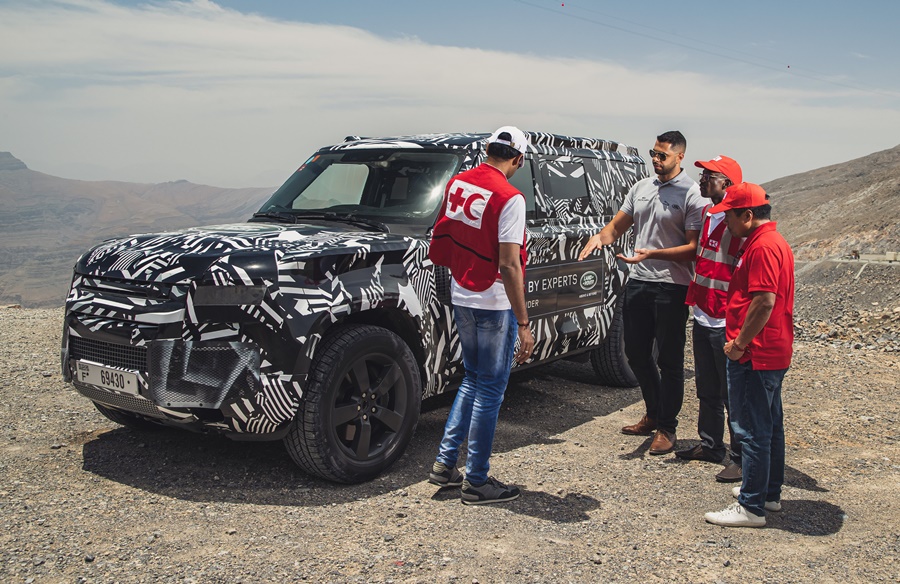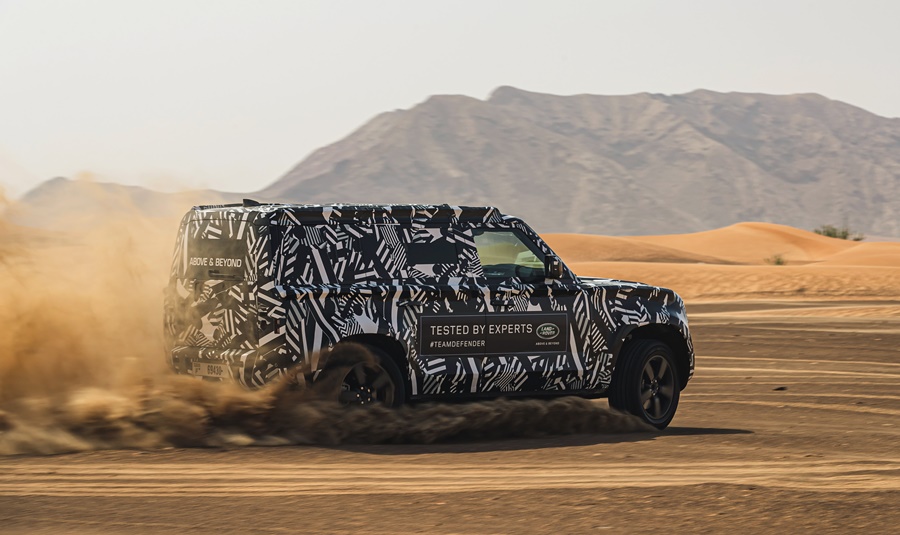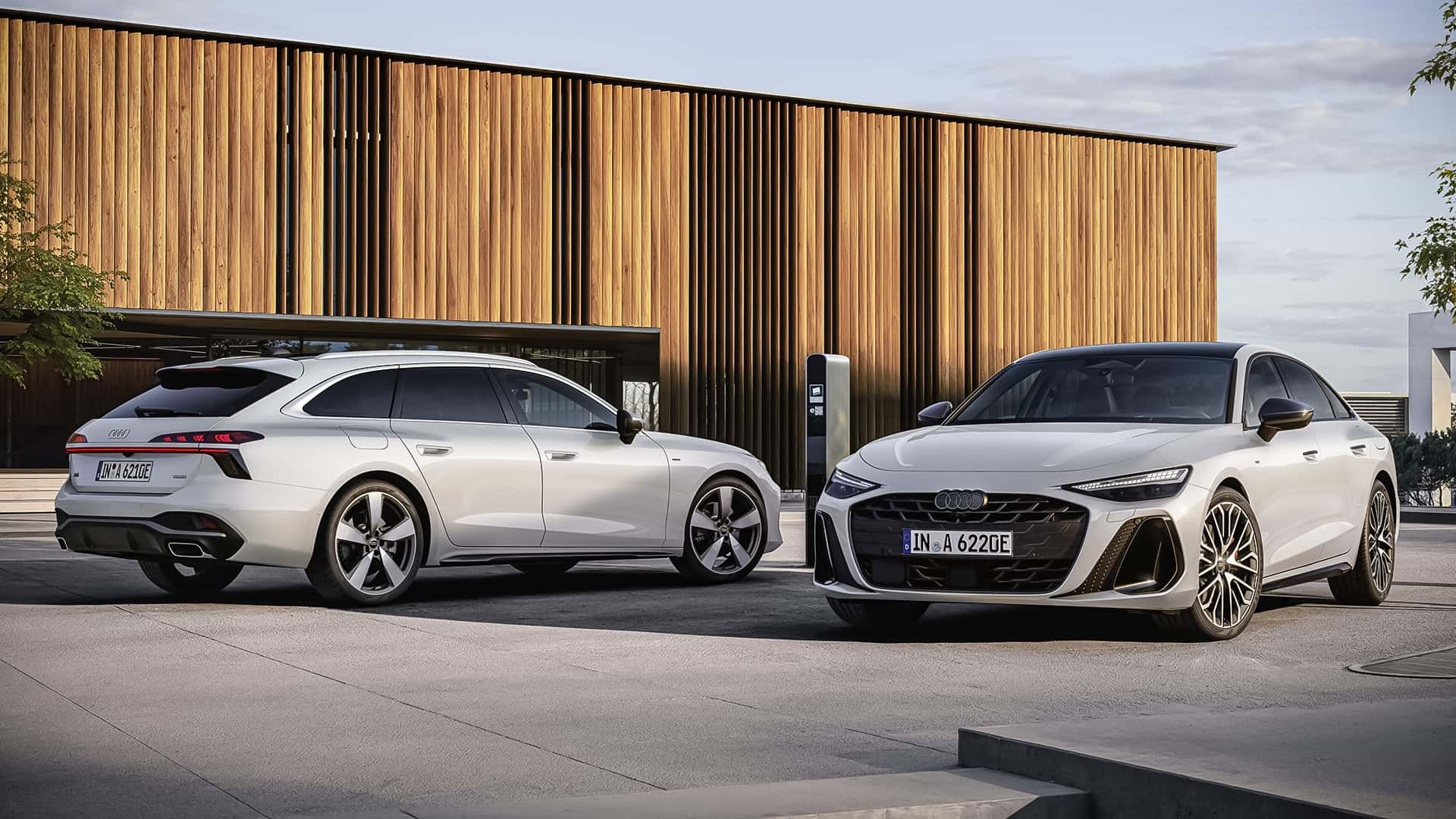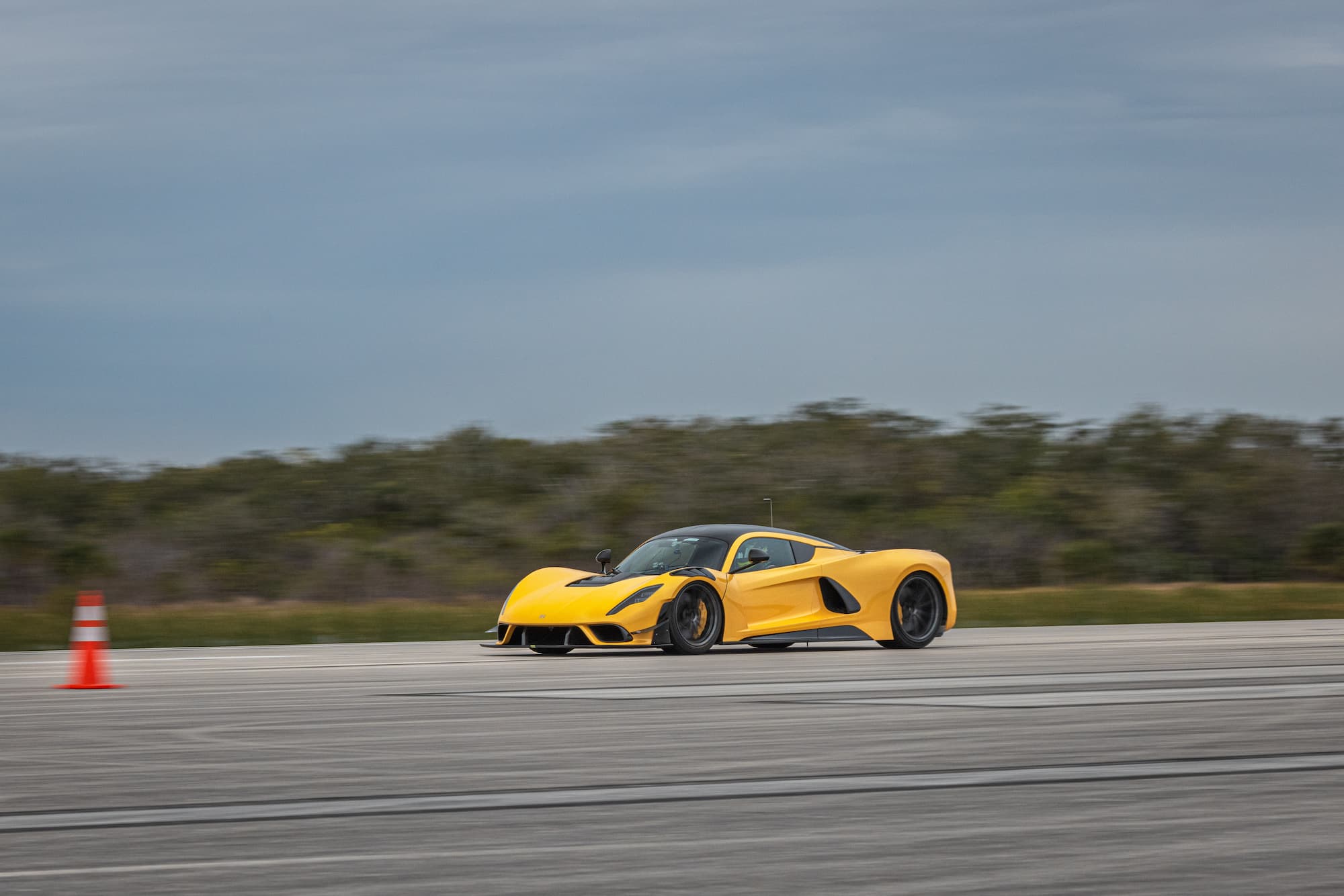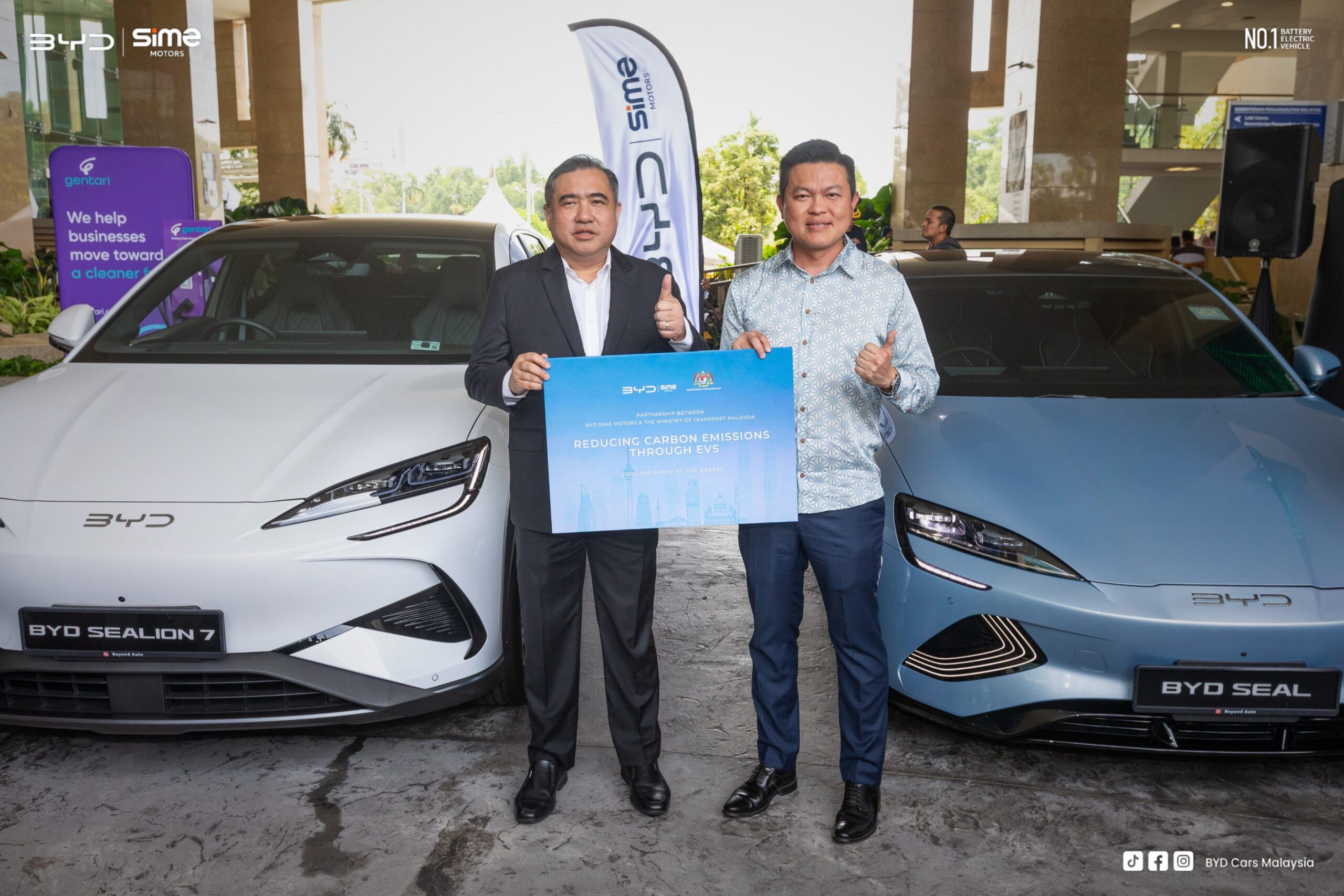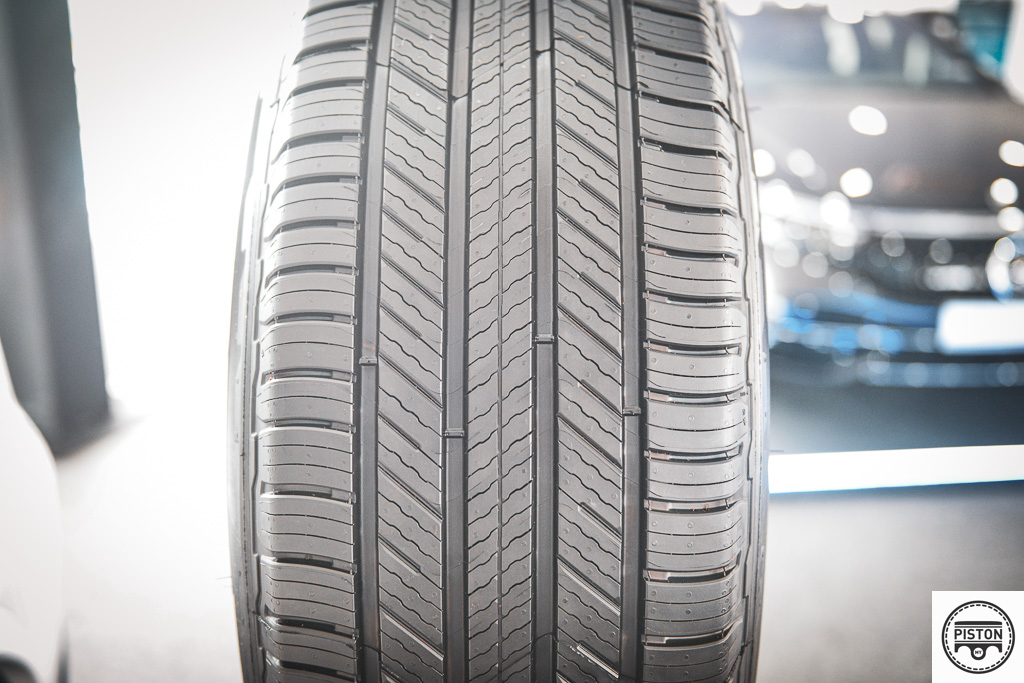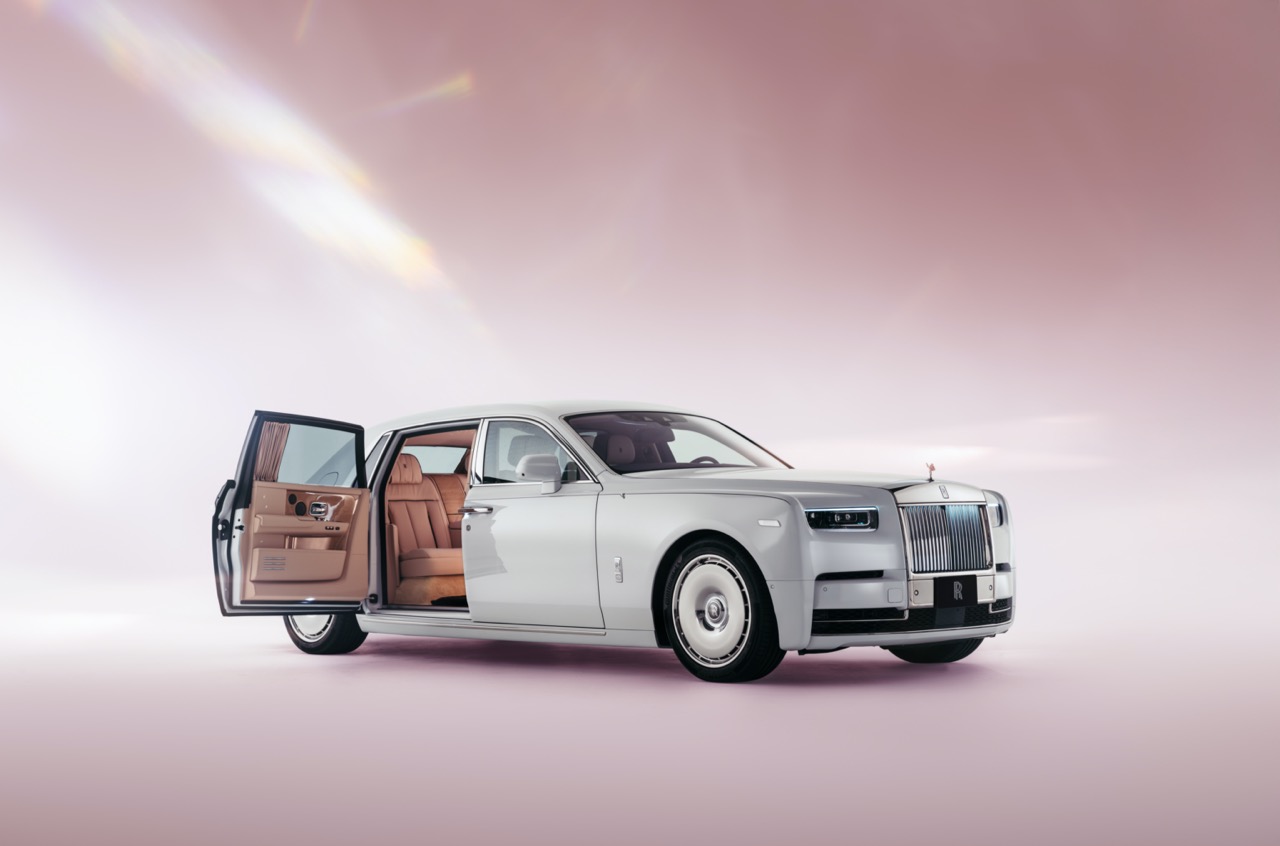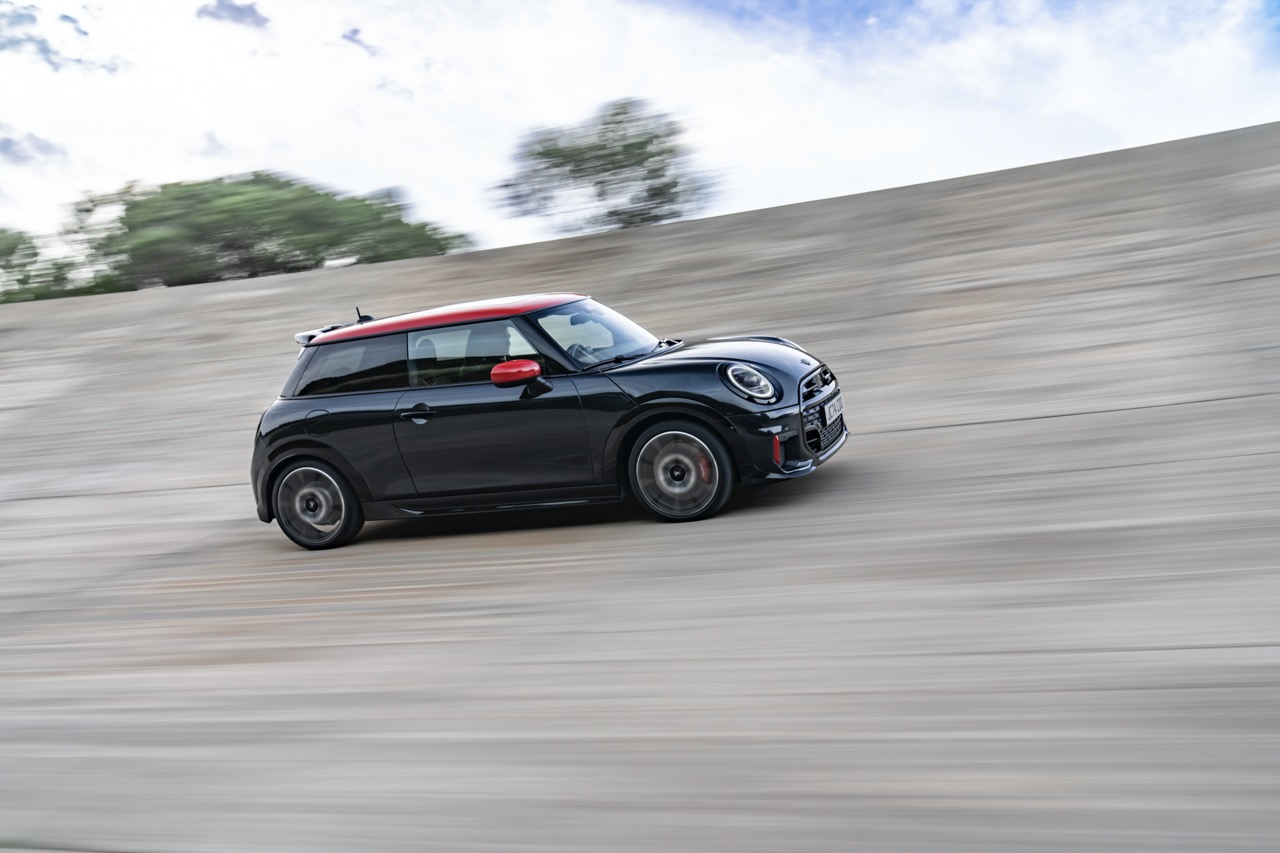The all-new Land Rover Defender will have its world premiere later this year. In the past, when Land Rover was developing its new models, it would do most of the real-world testing on its own, using its own experienced personnel. Perhaps that was partly to keep details of the new model under wraps till launch.
These days, however, the carmaker must find it also useful to let outside parties check out prototypes. This is especially so if the outside parties operate in extreme conditions and have specific requirements for the transport vehicles.
One such organisation is the International Federation of Red Cross and Red Crescent Societies (IFRC) which was visited by the team carrying out the latest stage of its global testing programme of the new Defender.
IFRC fleet experts put new Defender to the test
A prototype vehicle visited the IFRC global fleet base in Dubai, the United Arab Emirates (UAE), and Land Rover engineers demonstrated the vehicle’s breadth of capability to their IFRC counterparts both on and off road. Then the IFRC fleet experts took to the wheel to test the vehicle for themselves on the region’s desert sand dunes and the twisty tarmac of Jebel Jais highway in temperatures over 40 degrees C. The Defender also climbed the tallest mounting in the UAE and reached an altitude of nearly 2,000 metres.
The dunes around Dubai were the perfect place to confirm that this is the most capable Land Rover ever made. It sits on tyres with an overall diameter of up to 815 mm, resulting in a very large contact patch. Coupled with a bespoke traction control system, which monitors and adjusts for a large variety of terrain, this makes the new Defender highly capable on sand and incredibly smooth on road as well.
Global partnership since 1954
The test in Dubai coincides with the renewal of Land Rover’s global partnership with the IFRC – a relationship that dates back 65 years, to 1954, when the first specially adapted Land Rover entered service in the region as a mobile dispensary.
This year marks the humanitarian organisation’s centenary as it celebrates ‘100 Years of Hope’. Over the next three years, Land Rover will support disaster preparedness and response initiatives in locations including India, Mexico and Australia.
“The Red Cross supports millions of people in crisis every year, working in almost every country in the world. We operate in some of the most hard-to-reach places on earth, often working in very difficult terrain, so our teams have to be able to cope with anything. That’s why we’re proud to have partnered with Land Rover since 1954, and to be putting their new Defender to the test, as together they help us reach vulnerable communities in crisis, whoever and wherever in the world they are,” said Ilir Caushaj, the IFRC’s Team Lead For Global Fleets And Logistics.
The session with the IFRC fleet experts complements the global testing programme which has seen prototypes covering more than 1.2 million kilometres in all kinds of conditions. Various activities have also been arranged to give the public a sneak preview of the vehicle, including a dynamic appearance at the 2019 Goodwood Festival of Speed in England.





